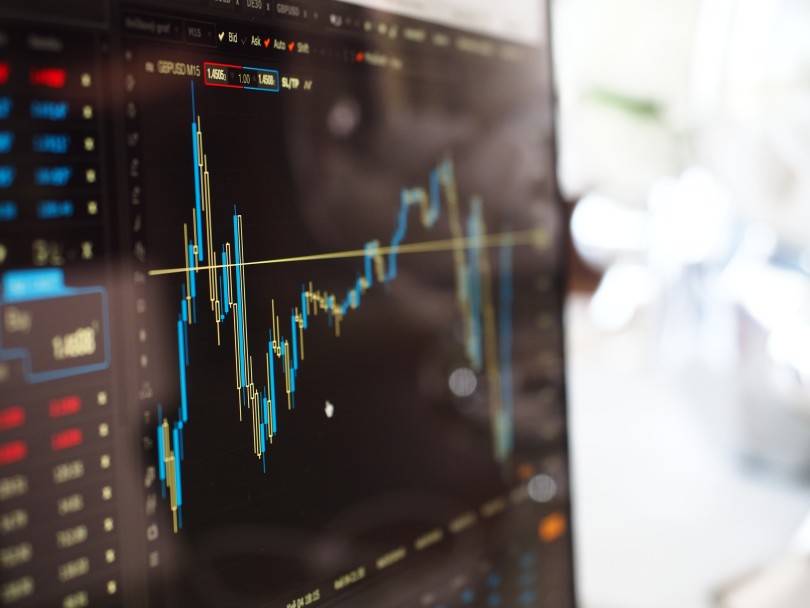How does Battery Energy Storage work?
19 Apr 24
Enviro ChatThe Global News Source for the World of Science and Chemicals
23 October 2020
Chem Chat
Global oil demand will likely peak around 2030, according to a leading expert in the industry from the UAE. Musabbeh Al Kaabi is the CEO of Petroleum and Resources at the Mubadala Investment Company, headquartered in Abu Dhabi. He delivered his views as part of an online series of interviews with prominent figures from the sector.
According to Al Kaabi, the oil market will recover from the current slump brought on by coronavirus over the coming years. However, rising concerns over Environmental, Social and Governance (ESG) criteria for businesses in all industries will mean that there is a global transition away from fossil fuels towards cleaner sources of power.
Al Kaabi conceded that demand for oil fell by almost a third during March and April, when lockdown measures were at their peak around the globe. This meant that offices, stores and other places of work were closed and millions of private vehicles were not on the roads, leading to reduced consumption of oil and other fuels.
However, the second half of 2020 has seen something of a resurgence for oil. Demand has already surpassed levels experienced in the 1990s and the recovery is expected to continue throughout the next 12 months, with the pre-pandemic peak of 100 million barrels a day a feasible target within a few years.
“Predicting the oil market is very challenging,” explained Al Kaabi, speaking as part of the Adipec Energy Dialogue interview series. “COVID-19 has created major disruption to demand and we expect to see the continuation of that disruption in 2021. But if you project the horizon to 2030, we will go back to an acceptable level of growth, potentially peaking in 2030.”
While the sector is likely to bounce back in the short term, Al Kaabi does believe its days are now numbered. That’s because a post-coronavirus world is likely to place far greater emphasis on the environmental impact of their actions. Indeed, in the UK, it’s believed that the demand for petrol may have already peaked after a study revealed that more than half of Britons were considering switching to an electric vehicle (EV).
As well as switching to greener sources of energy, people are just less likely to travel long distances due to fears over their health and safety. This means that demand for fuel is likely to suffer and Al Kaabi stresses that power companies must be proactive in dealing with the reduced demand.
“In the past, companies put themselves in a defensive mode when they should have deployed and promoted innovative technology to minimise the carbon footprint of their production,” he continued. “I see a similar trend in the petrochemicals sector, where it is critical companies address the plastics waste issue and not be in a state of denial.” In order to avoid a worst-case scenario, businesses must invest heavily in forward-thinking technology aimed at cleaning up their environmental profile while still retaining a solid economic footing.
DOWNLOAD PDF

2 Day Seminar Program
@ ArabLab+ 2024
24 & 25 September 2024
Your stay in Dubai
Labkit
Product News
Chemkit
Product News
Thinking about exhibiting at ARABLAB 2024? Watch our video to find out more.
Join the world’s leading organisations…
Join our mailing list and receive the ARABLAB newsletter and event updates.